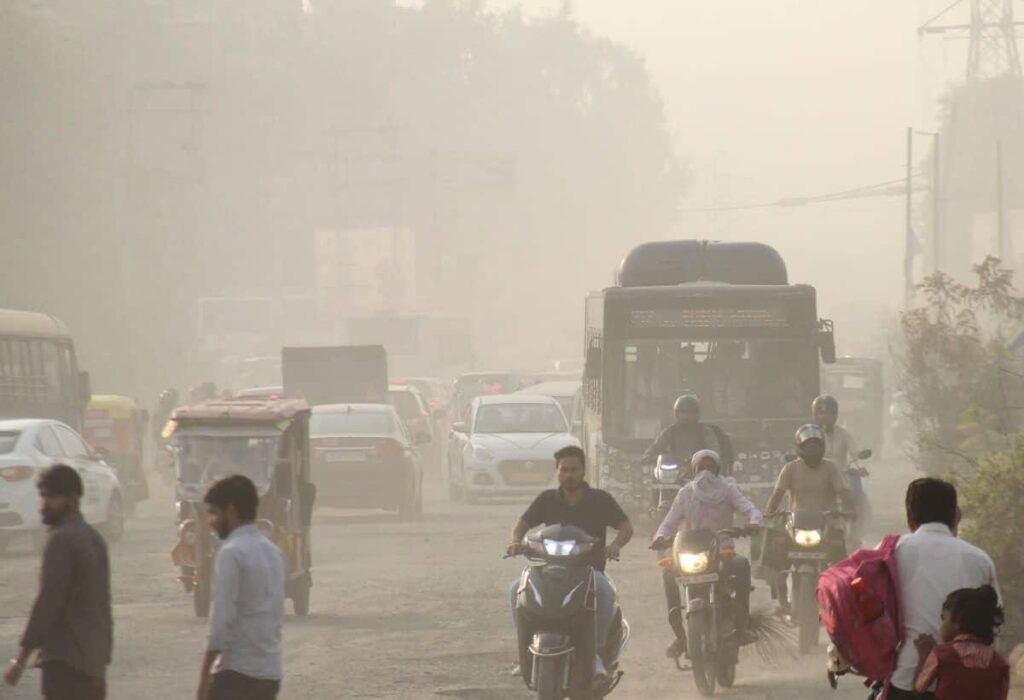Improving Air Quality in Delhi-NCR: Recent Actions and Regulations
The air quality in Delhi-NCR has become a pressing concern in recent years, prompting the Indian government to take stringent measures to combat rising pollution levels. On November 3, a committee formed by the central government announced the closure of 56 construction and demolition sites across the region. This decisive action aimed at regulating hazardous activities comes in response to violations of pollution norms observed between October 15 and October 31. The Commission for Air Quality Management (CAQM) has indicated that these measures are part of a broader strategy to enhance the quality of air in one of the world’s most polluted metropolitan areas.
Regulatory Measures by CAQM
The CAQM, responsible for overseeing air quality management strategies, has enforced a comprehensive set of rules intended to minimize pollution from various sources. The key regulations include:
1. Closure of Construction Sites
The committee has mandated the immediate suspension of activities at 56 construction and demolition sites that failed to adhere to pollution control measures. The locations affected include both private and public projects.
2. Vehicle Compliance Inspections
In an additional crackdown on vehicular pollution, the CAQM reported action taken against over 54,000 vehicles operating without valid Pollution Control Certificates (PCCs). A total of 3,900 vehicles were confiscated for non-compliance, indicating the authorities’ commitment to enforcing environmental regulations rigorously.
Impact on Air Quality
These actions are intended to significantly curb the pollution levels in Delhi-NCR, especially during the winter months when air quality typically deteriorates due to weather conditions and increased particulate matter emissions.
Table: Recent Actions by CAQM
| Action Taken | Details | Number of Sites/Vehicles Affected |
|---|---|---|
| Closure of Construction Sites | Sites violating pollution norms | 56 |
| Vehicle Compliance Enforcement | Vehicles without valid Pollution Control Certificates | 54,000+ vehicles, 3,900 seized |
The Way Forward
The Indian government acknowledges that sustained efforts are necessary to improve air quality. Long-term strategies include:
- Implementing stricter vehicle emission standards.
- Promoting eco-friendly construction practices.
- Enhancing public awareness about air pollution and individual responsibilities.
- Increasing green cover and urban forests to improve air quality.
Conclusion
The recent measures taken by the CAQM to combat air pollution in Delhi-NCR signify the government’s urgency to address this critical issue. By closing non-compliant construction sites and enforcing vehicle regulations, authorities aim to protect the health of residents and improve the overall air quality. Continued vigilance and community cooperation will be essential in sustaining these efforts and ensuring a healthier environment in the region.
